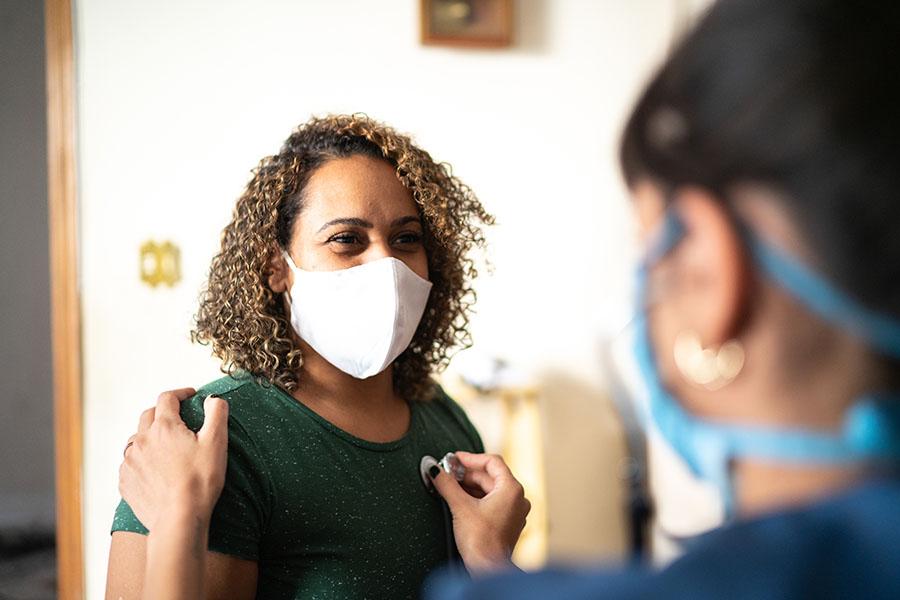What Is Prostate Cancer?
The prostate is a gland in the male reproductive system that produces the seminal fluid that carries sperm. Prostate cancer occurs when abnormal cells begin to multiply and form a mass called a tumor.
While the exact causes of prostate cancer are unknown, the disease is associated with several risk factors, including:
-
Aging, which increases the chance of developing the disease, especially after age 50.
-
Ethnicity/race, as African-American men have a higher risk of prostate cancer than white men, while Hispanic men have a lower risk than whites.
-
Family history of prostate cancer can double or even triple a man’s risk for the disease.
Symptoms
In the early stages, prostate cancer usually does not cause symptoms. When symptoms do occur, they may include:
-
Blood in urine — Blood may also appear in semen.
-
Discomfort — Persistent pain in the pelvis, hips or lower back may be present.
-
Frequent urination — Men may feel an urgent need to urinate or often need to urinate during the night.
-
Sexual problems — Some men may experience painful ejaculation, while others may experience erectile dysfunction.
-
Trouble urinating — The urine stream may be harder to start, may start and stop, be weaker than usual, cause pain or a burning sensation, and may not empty the bladder completely.
-
No symptoms at all — It is most common for patients to experience no symptoms, and only detect the cancer from a blood test.
Treatment Options
Treatment options depend on the type and stage of prostate cancer and may include:
-
Active surveillance — Sometimes called “watchful waiting,” surveillance involves regular exams and testing, followed by treatment if the prostate cancer grows or produces symptoms.
-
Chemotherapy — Anti-cancer drugs are taken by mouth or injected to help kill cancer cells or prevent them from multiplying.
-
Cryotherapy — Use of intense cold can freeze and destroy cancer cells within the prostate.
-
Radiation therapy — High-energy beams that destroy prostate cancer may be delivered from outside the body, or from a device placed internally (brachytherapy).
-
Surgery — Surgery may be used to remove the diseased prostate and possibly surrounding tissues as well.
-
Hormone therapy — Medications or surgical procedures to block hormones that stimulate prostate cancer growth.
-
Immunotherapy — Also called biologic therapy, specialized drugs stimulate the body’s immune system to seek out and destroy cancer cells.
Ready for an Appointment?
If you're experiencing signs or symptoms of prostate cancer, schedule an appointment or call 800-TEMPLE-MED (800-836-7536) today.
Learn more about our doctors and care team who diagnose and treat prostate cancer.


